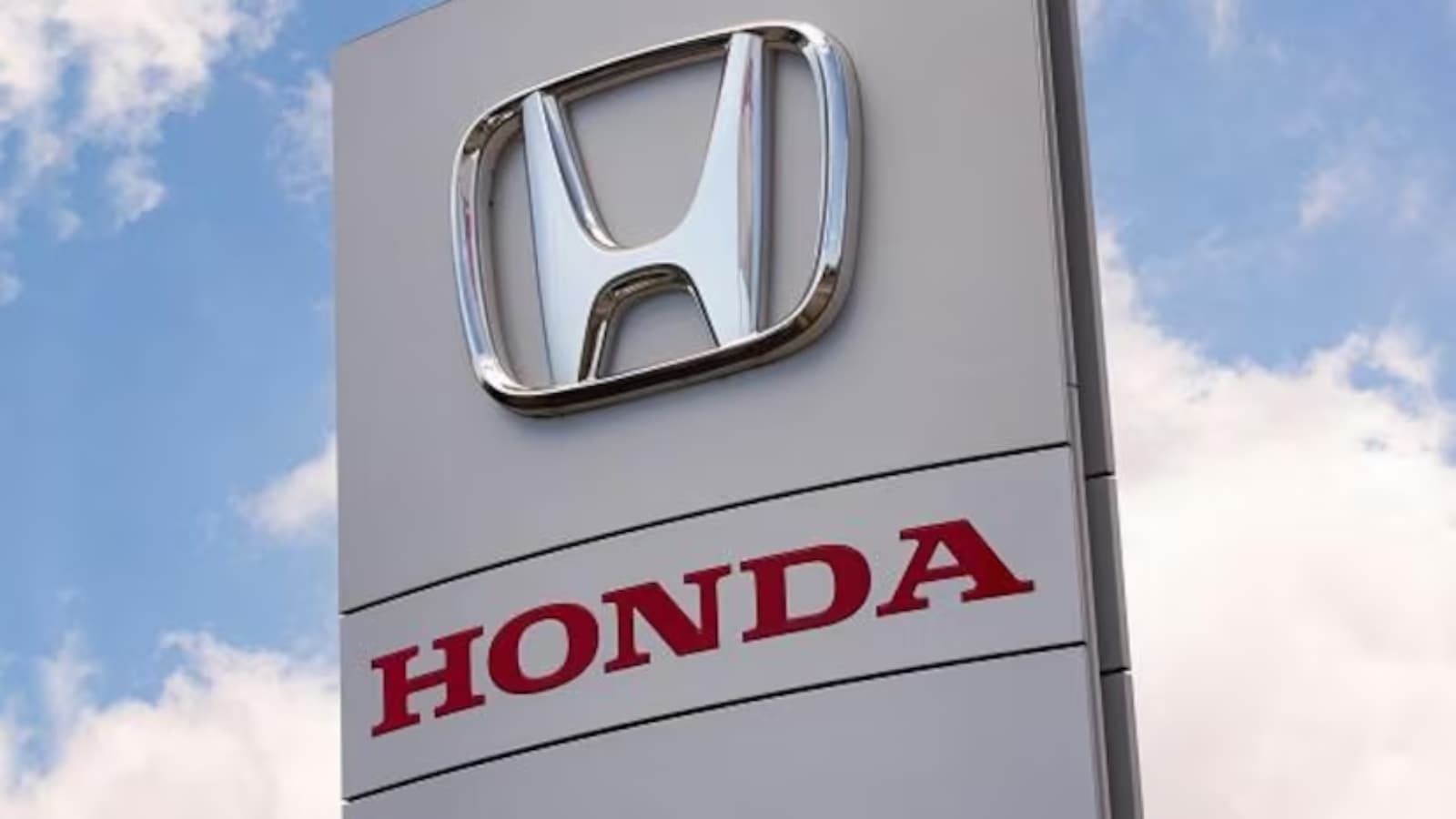Honda Motor Co., Japan’s second-largest automaker, said on Tuesday that it was moving to scrap its previous goal for electric vehicles (EV) to be 30 per cent of its cumulative global vehicle sales by 2030, citing slowing sales of EVs in the US. The decision by the Tokyo-based carmaker ties in with the broader trend being seen across markets, even outside of the US. Carmakers across markets have been pivoting away from EVs (essentially battery electric vehicles) towards hybrids. Honda is part of that trend.
Honda Motor Chief Executive Toshihiro Mibe termed the decisions “a switch in the planned course,” while asserting that the long-term shift toward electrification remained unchanged, just “pushed back in time”. Incidentally, last year, Honda was forced to jettison a pact with American carmaker General Motors that aimed to build a line of cheaper EVs in the US. Also, talks that began late last year to merge the operations of Honda and Nissan Motor Corp, as well as smaller automaker Mitsubishi Motors Corp, collapsed earlier this year. From Honda’s perspective, this venture was also aimed at jointly harnessing rival Nissan’s EV expertise.
Hybrids Gain Momentum
Since late 2023, an EV slowdown is getting more pronounced in the US, with Tesla, the market leader with over half of all EV sales in that country, consistently reporting its lowest quarterly earnings in over two years. Other American car manufacturers too are beginning to right-size their EV ambitions, with General Motors distancing itself from its earlier production target for EVs last year, while Ford has belatedly stepped up its hybrid focus since mid-2024.
In the Indian market too, there are signs of a subtle pivot that automakers are already making, in line with the trends being seen in developed markets. Players with a keen interest in the EV segment, including Mahindra & Mahindra and Hyundai Motor, both strong proponents of battery electric vehicle technology, are learnt to be exploring the hybrid option to diversify their offerings. Hyundai Motor India, the country’s second-largest carmaker, looks set to enter the hybrid vehicle segment in the coming three years and is said to be looking to add a hybrid powertrain as part of its electrified future in India. A Reuters report quoted Euisun Chung, the executive chairman of Hyundai Motor Group, telling employees in India that hybrids and electric vehicles will be critical parts of its portfolio in the country.
Chung had addressed a town hall in April 2024, offering a long-term strategy for the Indian market. Hyundai group company Kia too has committed to introducing hybrid vehicles in India
Triggers For Shift Away From EVs
The one reason for the waning enthusiasm in EV in the US is President Donald Trump and his lack of enthusiasm for electric vehicles. Japanese automakers, alongside most others, have been scrambling to adapt to the policy switch by Washington DC. “The environment surrounding the automobile industry is changing day by day. Uncertainty in the business environment is increasing, due particularly to the slowdown in the expansion of the EV market due to several factors, including changes in environmental regulations,” Honda said in a statement Tuesday. Honda chief Mibe did not give a specific timeline for a new course on electrification, but said that Honda will be more aggressive in producing hybrids instead.
Beyond the Trump factor though, there are at least three structural issues that are playing out in most global markets, with the exception of perhaps China, which is triggering a gradual consumer pivot from battery electric vehicles to hybrids.
Story continues below this ad
The three broad factors blunting EV penetration are increasing concerns around EV capital costs, especially triggered by lower price realisation for used EVs; uncertainties over government policies on EVs; and a growing shortage of charging stations, especially fast chargers. Overcoming these challenges could predictably take some time.
Another issue that EV makers such as India are experiencing is that the so-called first adopters – the ones open to experimenting with a new technology and making a switch – are slowly thinning out, and new customers are increasingly reluctant to shift to EVs. This is largely due to issues such as perceived inadequacy of charging infrastructure and comparatively higher prices.
In its latest annual Electric Vehicle Outlook released in 2024, BloombergNEF lowered its global battery-electric sales projections by 6.7 million vehicles through 2026. Globally, BloombergNEF projects that over the next four years, electric car sales will grow at an average of 21 per cent per year in the Economic Transition Scenario, compared to an average of 61 per cent between 2020 and 2023.
The charging problem, which is now one of the major deterrents to the penetration of EVs in global markets, is an emerging problem in India too. All this is happening at a time when there is promise of a genuine breakthrough in existing battery technology, with Chinese battery manufacturing leaders BYD and CATL announcing versions of the lithium-ion batteries that promise incredibly faster charging times.



